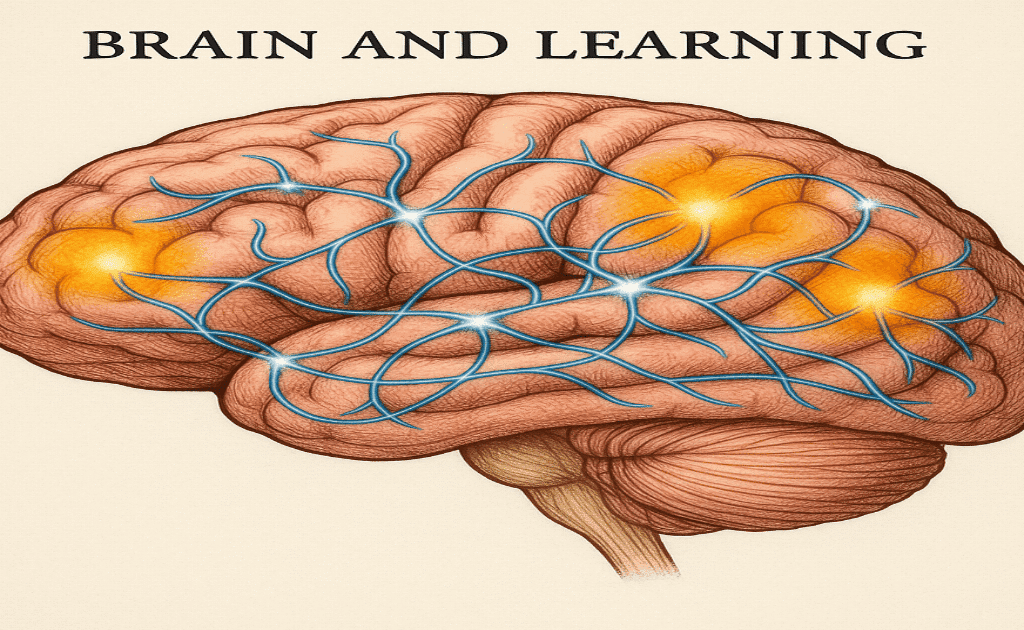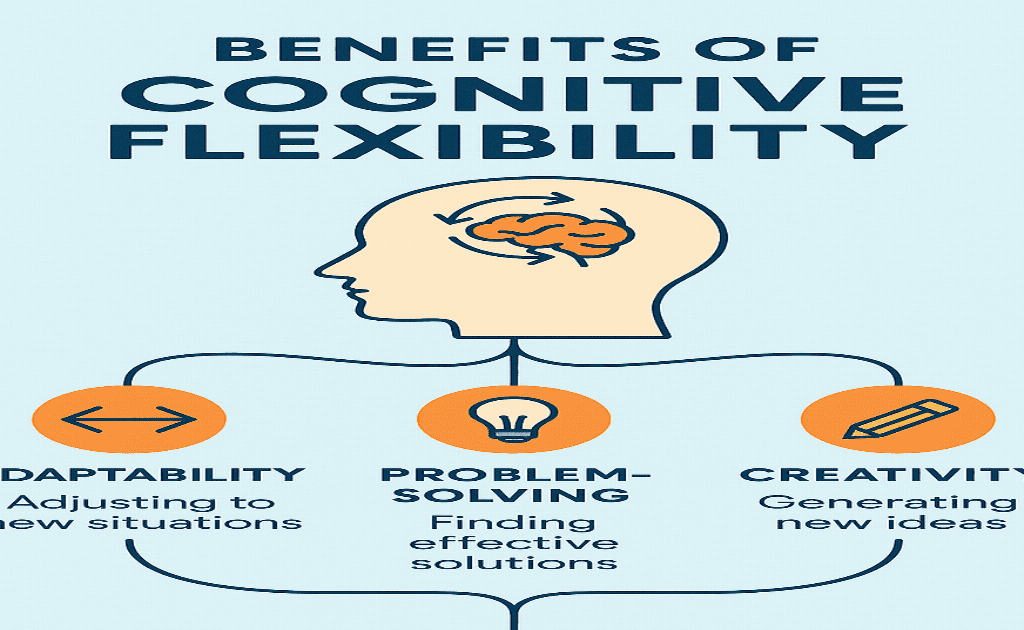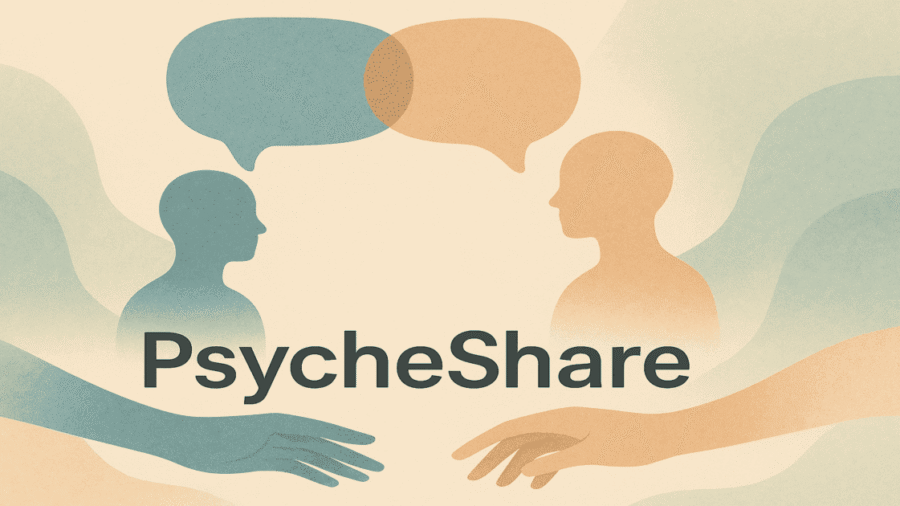Imagine adopting a new hobby, for instance, learning a new language or playing the piano. Beyond the enjoyment of acquiring a new skill, you are also exercising your brain’s flexibility.
Psychological researchers confirm that new learning activities can significantly enhance mental flexibility, memory, and resilience. From learning the simplest skill to the most complex one, learning new skills can literally transform the brain.
In this post, I will break down the interesting neuroscience behind why learning new skills enhances mental agility, backed by observations from credible research and expert opinion.

What is Mental Agility?
Mental agility refers to the ability of the brain to quickly adapt to new situations, switch between tasks and process information at a fast and more efficient pace. It is a vital part of how the brain works including planning, problem-solving, multi-tasking and staying focused.
It is related to cognitive flexibility, working memory, and executive function. In everyday life, it means being able to:
- Solve problems faster
- Adapt quickly to change
- Make better decisions under pressure
- Handle many tasks at the same time
Begin Sharpening Your Brain from Today
You do not need to enroll in a university course. Just 20–30 minutes every day of consistency in practice can be phenomenal. Here is how to make learning a habit:
- Start Small: Choose one skill and set a weekly goal.
- Utilise Available Resources: Tap online courses, tutorials, and local workshops in the community.
- Make it Fun: Take up a skill you are actually interested in and learning it brings you joy not something imposed on you.
- Track progress: Winning encourages you to do more, therefore follow up on the new skill you have decided to learn.
- Mix it up: Once established, try to shift to a new but interesting field to keep your brain on its toes.
Overcoming Common Challenges
- Fear of Failure: Embrace mistakes and adopt a growth mindset as opportunities to learn. Acknowledge that mistakes are a natural part of the learning process and learn from it.
- Time Constraints: Try and fit learning of the skill into your daily routine. example: listen to learning podcasts on the way to work, start with brief sessions and gradually increase duration.
- Lack of Motivation: Engage others or a study partner to stay motivated, inspired and accountable.
Benefits of Acquiring New Skills

Enhanced Cognitive Flexibility (Problem-Solving and Critical Thinking)
Learning new skills makes the brain more flexible and adaptable. This increases one’s ability to solve new problems and deal with new situations.
Engaging in challenging tasks also improves how fast you think, make decisions, and come up with creative new ideas. Thus, Individuals with flexible thinking ability often perform better at school and quickly come up with solutions when they are faced with difficult problems and above all are healthier mentally.
Improved Working Memory and Attention
Learning a new skill learning often requires sustaining one’s focus/concentration, repetition of the skill over time and sustained attention. This helps in strengthening working memory and concentration span. Example: activities like learning to play an instrument or code help you stay focused for longer periods.
So, as you continue to practice holding and using new information in your mind, your mind and attention span is strengthened.
Delayed Cognitive Decline
Continuous learning throughout life maintains the health of the brain. Learning new skills helps stimulate the brain and protect it ageing and maintain older adults’ sharpness. It can lower the risk of memory problems like dementia and Alzheimer’s. A Verywell Health review states that mentally stimulating activities can maintain cognitive function in older adults. This can potentially lead to the development of dementia. Verywell Health
Increased Self-Esteem and Confidence
Learning new skills makes you feel more capable. It boosts your confidence, helps you believe in more yourself, and can even help you sleep better. All of this adds up to feeling better and promotes your overall wellbeing.
Reduction of Stress
Focusing on a new skill can distract you from stress and serves as a form of mindfulness. This helps calm you down, keep you in the present and leads to a good mental condition. It can also decrease stress hormones and soothe signs of anxiety and depression. alexrowanfoundation.org
Types of Skills That Enhance Mental Agility

- Language Learning: Learning a new language strengthens memory and cognitive flexibility. It also enhances memory, attention, and multitasking capabilities.
- Musical Instruments: Learning to play instruments(musical) enhances one’s coordination and hearing ability and mental functioning.
- Physical Activities: Sport or dance training enhances motor skills, balance, and brain functioning.
- Creative Arts: Activities like painting and writing help stimulate creativity, imagination, emotional expression, fine motor skills and problem-solving skills.
- Strategic Games: Adopting new skills in games like Chess, Sudoku help enhance planning, problem-solving, planning, foresight and critical thinking abilities.
- Digital Skills: Picking up digital skills like coding help develops logical thinking, pattern recognition, and flexibility.
Final Thoughts
Learning new skills is not just about gaining knowledge, or more than a hobby, it is about rewiring your brain for greater speed, flexibility, and clarity. By investing in your cognitive health today, you are laying the foundations for a sharper, more flexible mind tomorrow.
So, what is one new skill you’ve always wanted to learn? Now is the time, Take the first step today, your brain will thank you.



Add a Comment